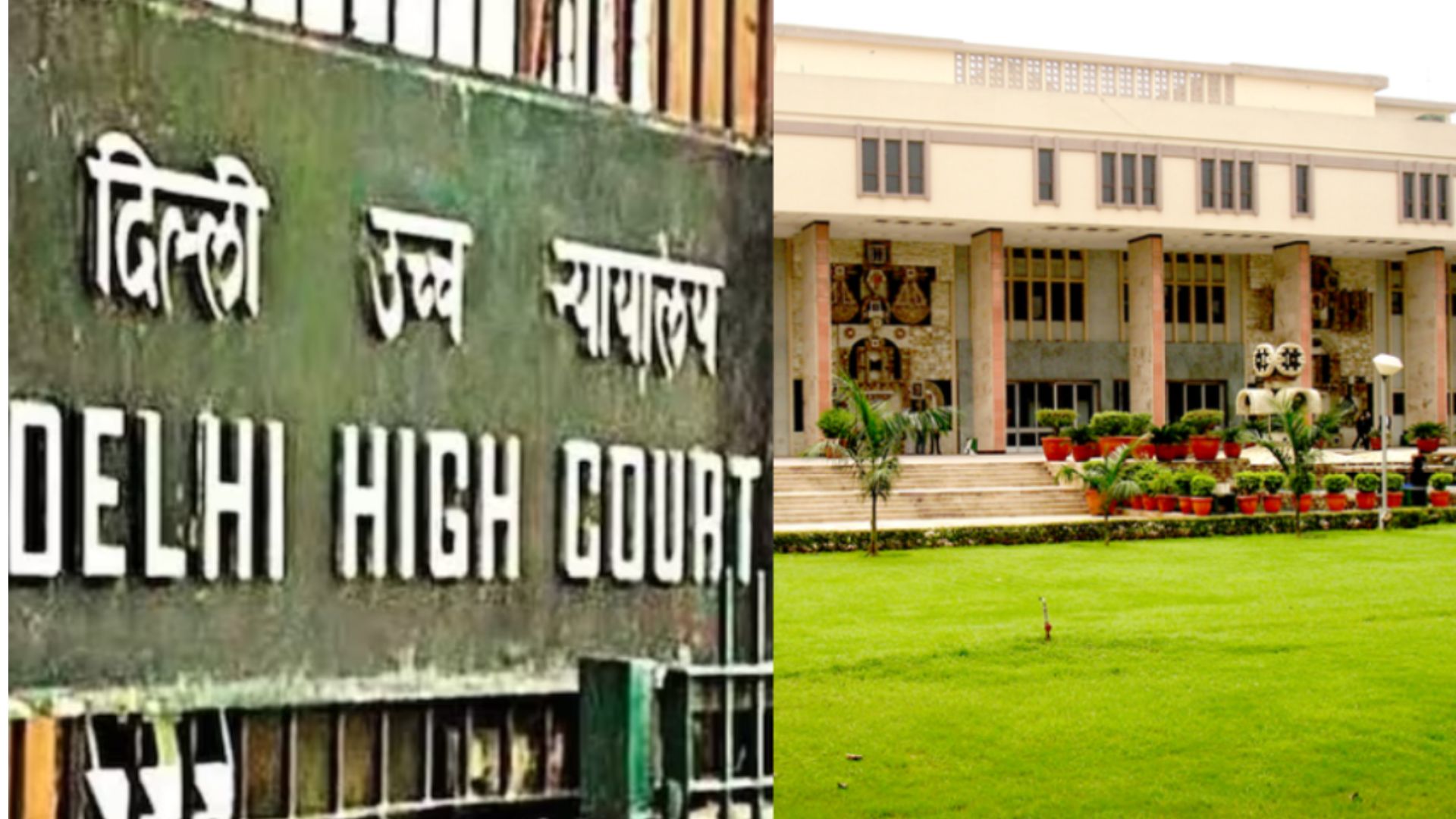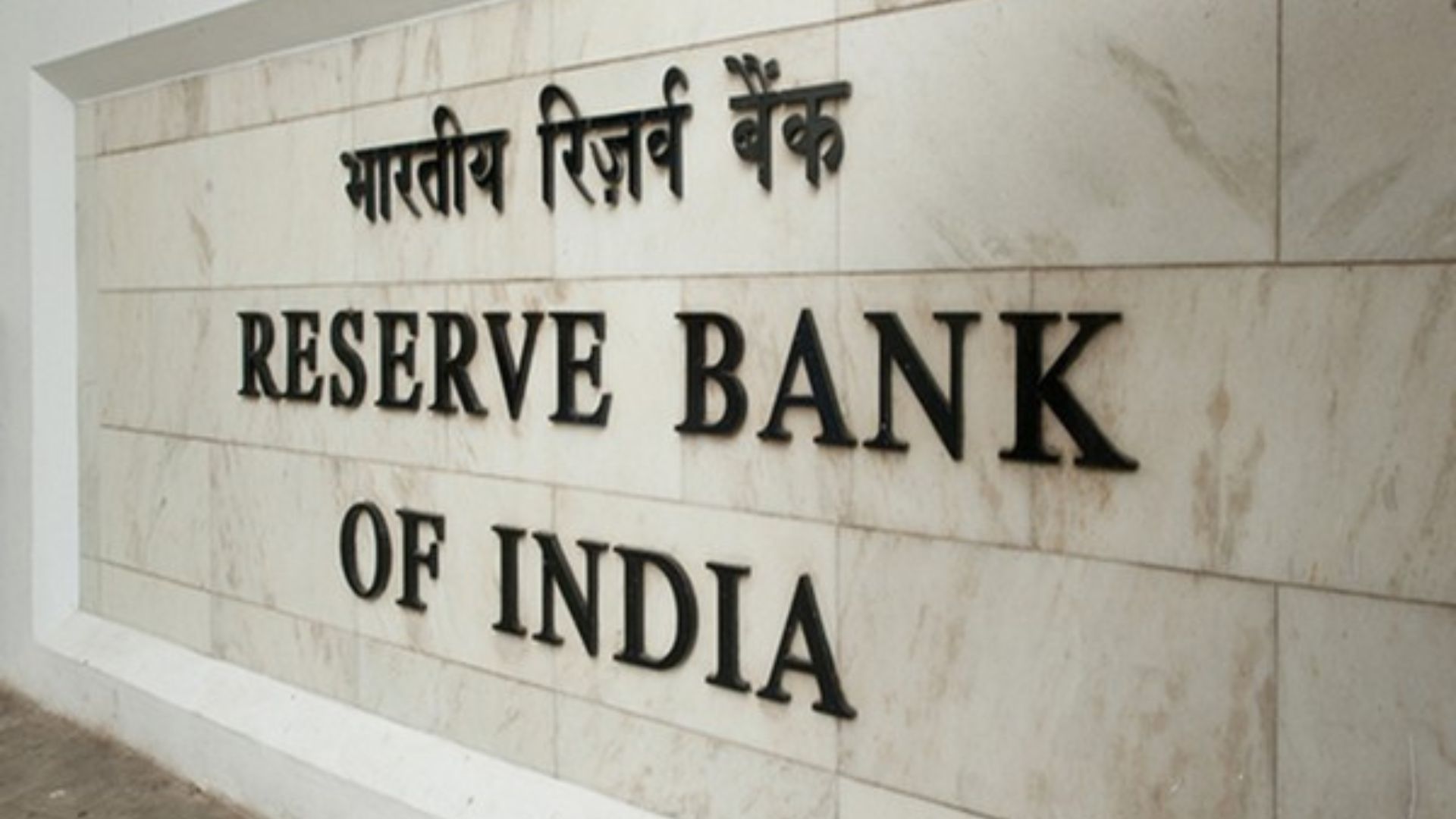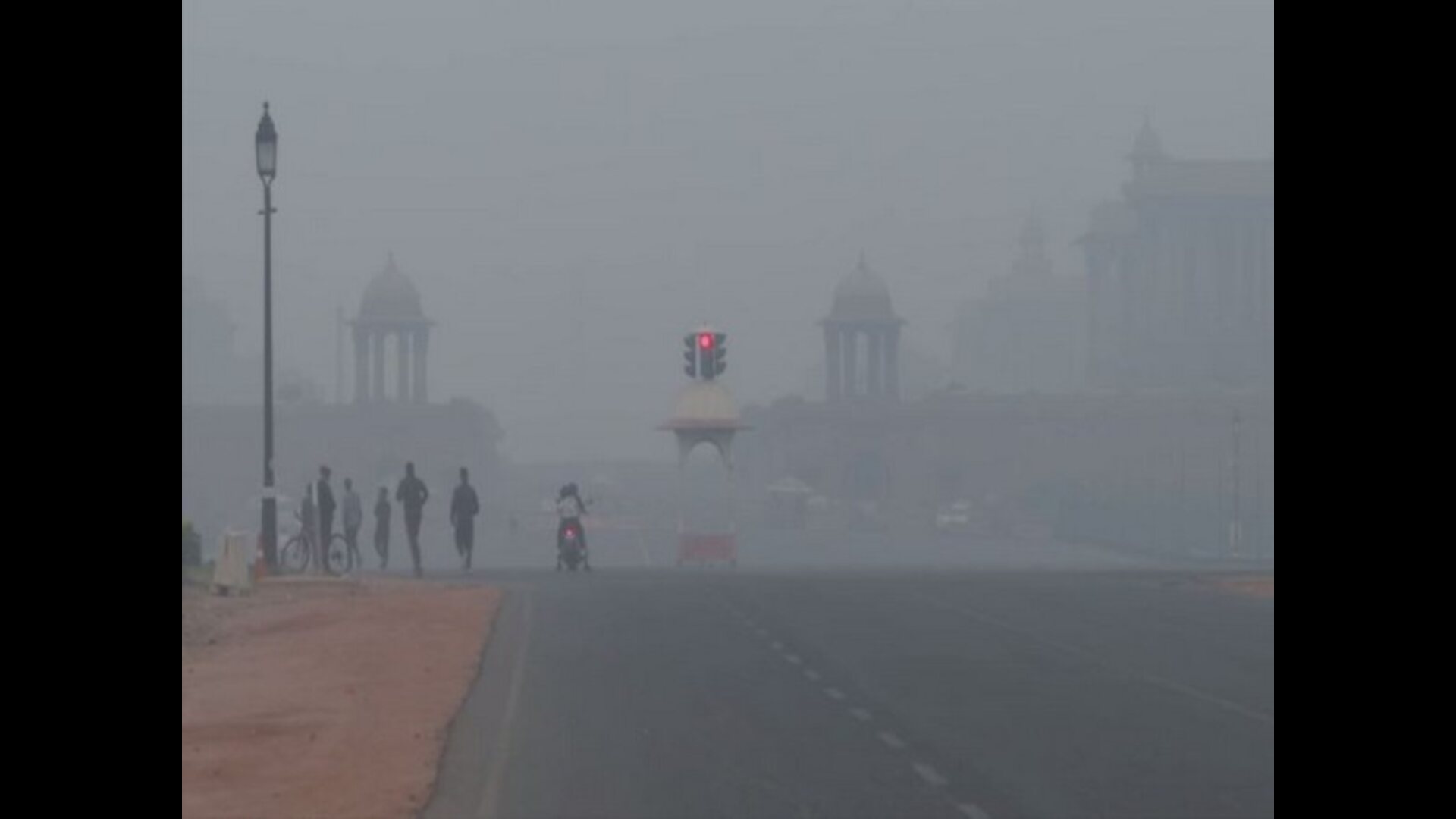The Delhi High Court has dismissed a petition seeking to annul the registration of the All India Majlis-e-Ittehadul Muslimeen (AIMIM) as a political party. The court upheld the Election Commission of India’s (ECI) decision to register AIMIM, rejecting claims that it violated legal and constitutional principles.
Petitioner’s Claims Against AIMIM’s Registration
The petitioner, Tirupathi Narshima Murari, challenged AIMIM’s registration on the grounds that the party’s constitution primarily seeks to promote the interests of a single religious community, Muslims. This, the petitioner argued, contravenes Section 29A of the Representation of the People Act, 1951, which mandates adherence to secular principles for political parties.
Murari claimed that AIMIM’s objectives violated the secular fabric of the Constitution and should disqualify it from being recognized as a political entity under Indian law.
Court’s Observations and Rationale
The court clarified that the requirements for a party’s registration under Section 29A of the Representation of the People Act, 1951, do not align with the petitioner’s interpretation. It noted that the alleged contraventions cited by the petitioner pertain more to the conduct during elections rather than the foundational principles of party registration.
The court also addressed the petitioner’s reference to Section 123 of the Act, which defines “corrupt practices” in the electoral process, including the disqualification of candidates. It ruled that these provisions are relevant only to election outcomes and disputes, not to the registration of political parties.
The bench emphasized that the issues of “corrupt practices” and disqualification under Section 8A of the Act are separate from the registration criteria laid down in Section 29A.
Based on these findings, the court dismissed the petition, concluding that the petitioner failed to substantiate his claims of non-compliance with legal requirements. The judgment reaffirmed the legality of AIMIM’s registration and rejected allegations of its violation of constitutional principles.
This decision marks another judicial validation of AIMIM’s status as a recognized political party in India.













